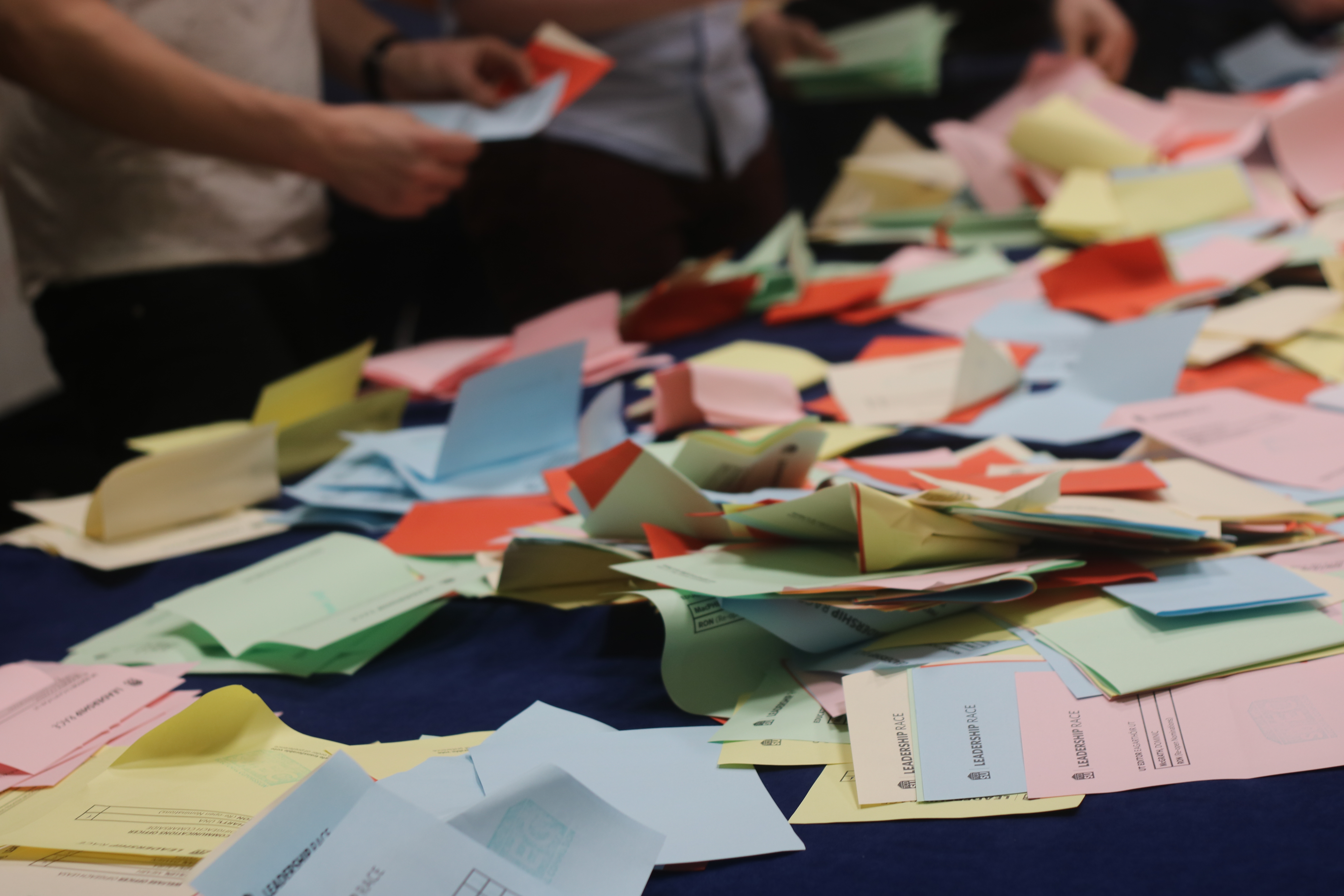A motion is to be brought to the final Student Council on April 4 which would see the Trinity College Dublin Students’ Union (TCDSU) support a College-wide boycott of the state of Israel on “anti-apartheid grounds”. The motion, brought by Junior Sophister Science Class Rep Conor Reddy, and seconded by Senior Freshman Class Rep for Art History, Jewish and Islamic Civilisation, Stacy Wrenn, calls for TCDSU to “inform students on the background to the situation in Israel and Palestine”, as well as setting up a student led Palestinian solidarity group.
If passed, the motion would mandate TCDSU to lobby for the divestment of university funds from Israel, as well terminating any contracts with companies “complicit in the occupation of Palestinian territories and violation of Palestinian human rights more broadly”. The mandate also calls on TCDSU to be affiliated to the global Boycott, Divestment and Sanctions (BDS) Movement.
The motion notes that such steps are not unprecedented for TCDSU as it previously supported a boycott of Apartheid South Africa. The motion also highlights the official renaming of House Six to Mandela House in 2013 in acknowledgement of the SU’s anti-apartheid stance.
The motion comes a week after Israel announced the building of new settlements in the West Bank, the first in over twenty years. The renewed building of settlements comes despite a United Nations resolution demanding a halt to such activity. The motion mentions the new settlement building, noting that it was declared illegal by the International Court of Justice. In 2012, British Foreign Secretary William Hague stated that settlements were “illegal under international law”. The motion also notes that the Russell Tribunal on Palestine found Israel guilty of apartheid in 2011 and 2014.
In addition, a review of “formal and informal relationships…in place between the university and institutions in Israel and Palestine” was conducted by the Academic Secretary, Patricia Callaghan, in September 2015. The review named eleven Israeli institutions with which College had an “academic relationship”. The review did not detail the extent of the relationships but included in its list Ariel University, which is situated in an illegal settlement under international law.







